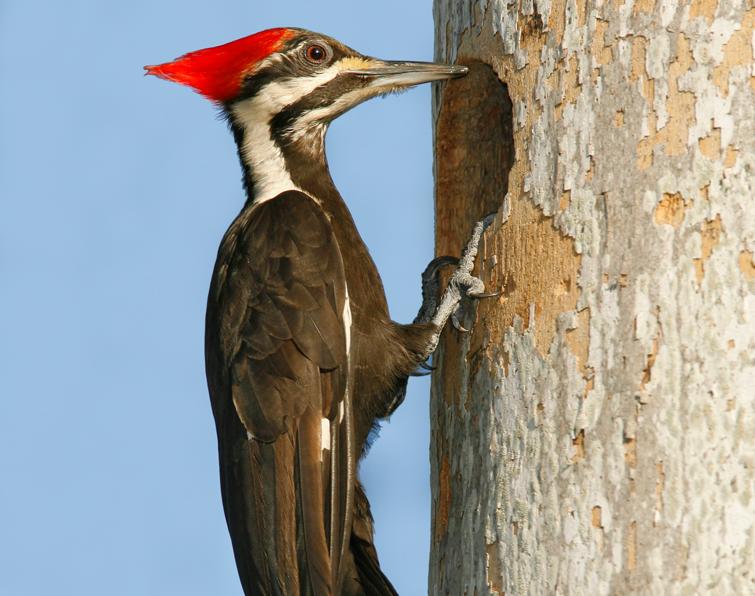This week I read an article
about whether spending money makes people happy. The article looked at the
lives of six women; each on a different salary and with different spending
habits. One woman, a millionaire author, does not own a house or a car and says
that she can fit all of her belongings in a large plastic box. As I read it, I
was sceptical, but Amanda Prowse says this is how she has discovered what has
real value and what makes her happy.
Intrigued, I did a little
research and came across another writer who has purged her house to the extent
that she can fit all of her day-to-day items in a cardboard box. For her, this
has been a journey of self-discovery that has affected her relationships,
eating & spending habits and her thought life. The idea has some appeal to
me, although it would require much more extreme action than my wardrobe
clear-out in early December. Realistically, I know there is more than a box of
books I would struggle to chuck out and there is a bit of a squirrel inside me
that says ‘that might be useful one day.’
These women, having sifted
through their belongings seem to have come to a quiet contentment about ‘stuff’
which I find both admirable and enviable. There are many voices competing for
our attention and many of them are telling us that we do not have enough or we
do not have the right thing and if we could just acquire this ‘thing’ we would
be happy. Even though I know this is a total swizz and none of these voices
actually care about my happiness or wellbeing there is a part of me that
believes them and I get sucked in. I live in a state of discontentment.
While there are a few quiet
voices calling us to mindfulness and to slow down, the general message is ‘earn
more money, buy more experiences, acquire the new stuff – get busy.’ We do
place a high value on busyness and the ultimate consequence of this is that
people get shut out. I know that previously in my own friendships, people have
felt I was unavailable due to my busyness. That makes me sad; I don’t want to
be that busy person.
I have been thinking about
happiness and contentment and the difference between the two. Some definitions
imply they are more or less the same thing. I have always thought there is a
transitory quality to happiness, whereas contentment feels more solid and
lasting; more of a life-style than a feeling. One definition that I came across
explained contentment as a state of satisfaction that is not disturbed by the
desire of anything more or anything different. This seems to be at odds with
growth and development of oneself but I think if applied to the general state
of one’s life this could be truly liberating. That sense of truly enjoying the
present for what it brings.
There is so much I am
complacent about because my thoughts are either anchored in the past or second-guessing
the future. I have heard people recommend ‘gratitude journals’ to aid thinking
in the present and to develop contentment. Whilst I have not created a journal
for this purpose, I have found it useful, on those days that feel grey, regardless
of the weather, to spend five minutes writing a list of all the things I am
thankful for. It can take time getting started but then it can be difficult to
stop! As I look back over some of the lists I am struck by how much I take for granted
and how little things like a friendly text, the smell of hyacinths, a good cup
of tea really do make a difference but are so easy to overlook.
Which
is better, happiness or contentment?
What
are you grateful for today?
What
other activities lead you towards contentment?
I
am now starting a six week break from blogging. This is partly due to finding
momentum for my novel and I want to focus on that but also because I have been thinking
about a different direction for the blog and want some time to consider this.










